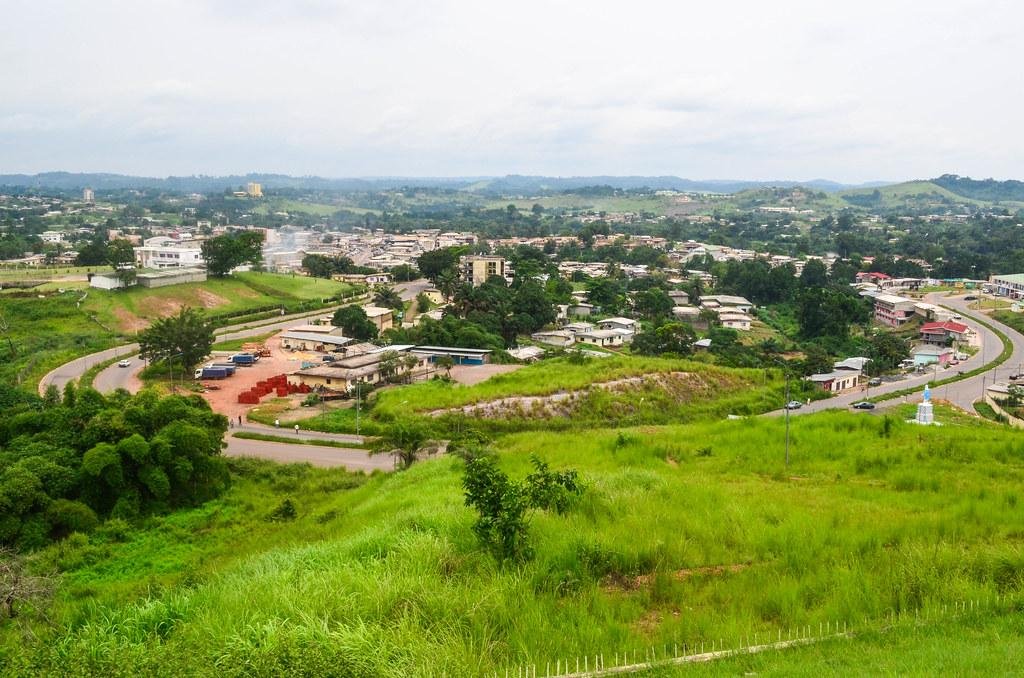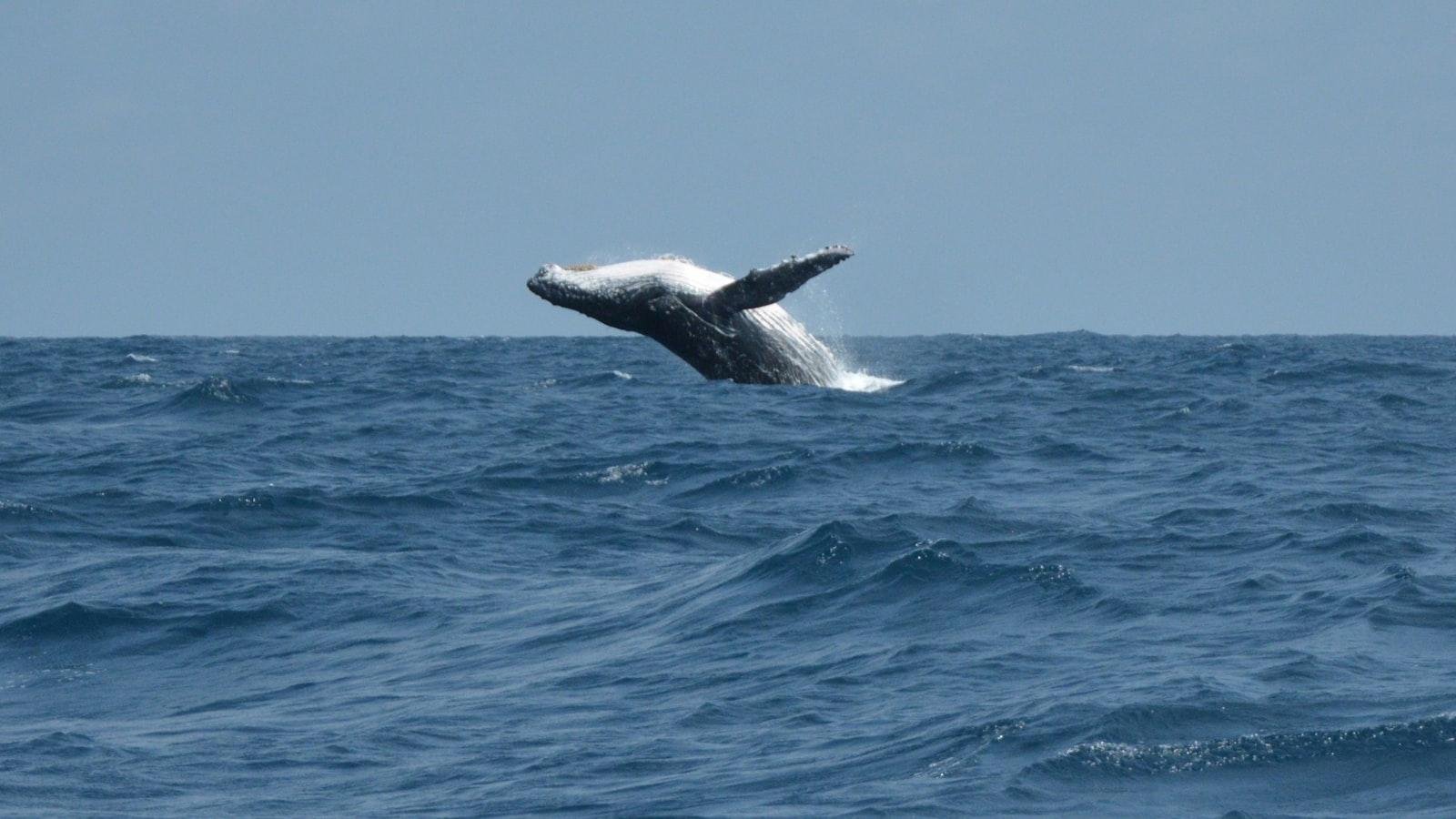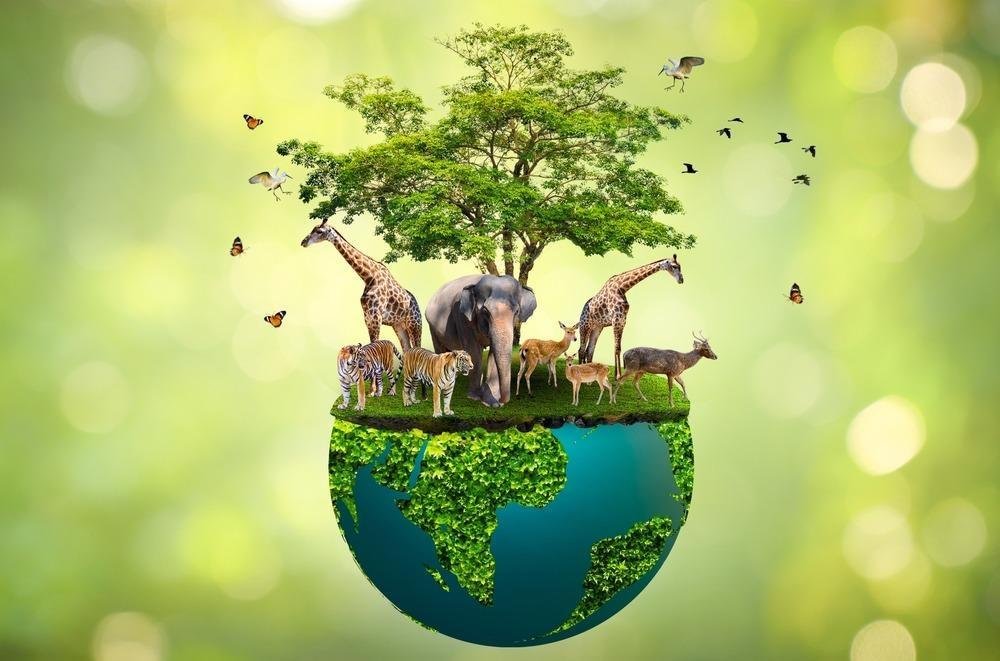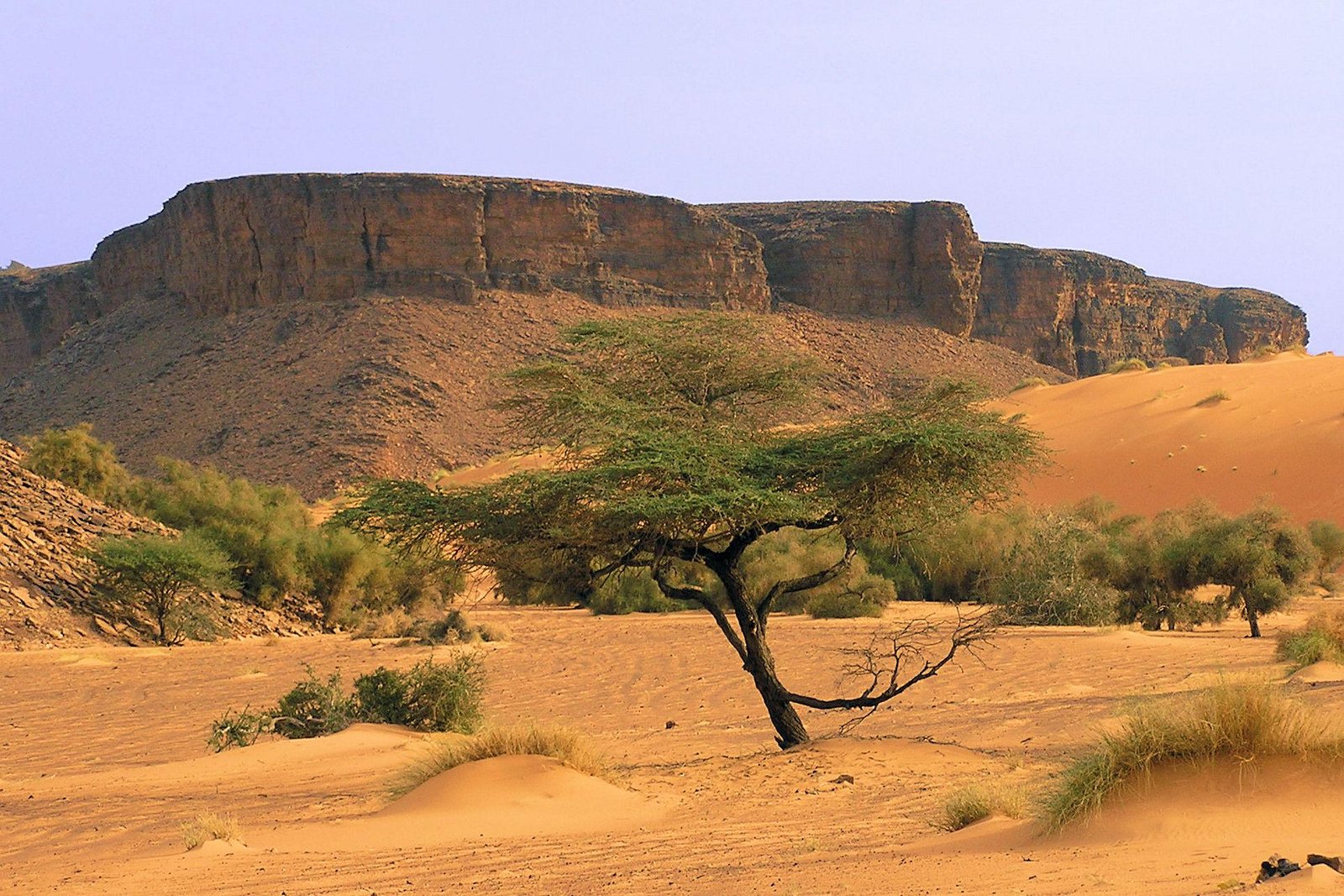Now Reading: Gabon
- 01
Gabon

Gabon
Located on the western coast of Central Africa, Gabon is a diverse and vibrant country known for its lush rainforests, rich culture, and unique wildlife. With a population of over 2 million people, Gabon is a former French colony that gained independence in 1960. In recent years, Gabon has become a popular destination for ecotourism, attracting visitors from around the world to explore its stunning national parks and pristine beaches. In this article, we will delve into the history, culture, and natural beauty of Gabon, providing readers with a comprehensive overview of this fascinating African nation.

Overview of Gabon’s Economy
Gabon is a country located in Central Africa with a diverse economy that is heavily reliant on oil revenue. The country is one of the largest oil producers in Sub-Saharan Africa, which has historically been the main driver of its economy. However, Gabon has been making efforts to diversify its economy and reduce its dependence on oil in recent years.
Apart from oil, Gabon’s economy also relies on other sectors such as mining, forestry, and agriculture. The country is rich in natural resources, including manganese, iron ore, timber, and palm oil. Gabon’s government has been working on attracting foreign investment and promoting sustainable development in these sectors to spur economic growth and create more job opportunities for its population.

Wildlife Conservation Efforts in Gabon
Gabon, located on the west coast of Central Africa, is known for its rich biodiversity and pristine rainforests. The country is home to a wide variety of wildlife species, including forest elephants, gorillas, and chimpanzees. In recent years, Gabon has made significant efforts to conserve its wildlife and protect its natural habitats.
One of the key conservation efforts in Gabon is the creation of national parks and protected areas. These areas serve as safe havens for endangered species and help to ensure the long-term survival of the country’s wildlife. Additionally, Gabon has implemented strict anti-poaching laws and initiatives to combat illegal wildlife trafficking. Through partnerships with local communities and international organizations, Gabon is working towards sustainable conservation practices that will benefit both wildlife and the environment for generations to come.
Tourism Attractions in Gabon
Explore the stunning natural beauty of Gabon with its diverse range of tourism attractions. From pristine beaches along the Atlantic coast to lush rainforests teeming with wildlife, Gabon offers unique experiences for nature lovers and adventure seekers alike. One of the must-visit destinations in Gabon is Loango National Park, known for its rich biodiversity and opportunities to spot elephants, gorillas, and hippos in their natural habitat.
For those interested in cultural experiences, a visit to the capital city of Libreville is a must. Discover the vibrant markets, colonial architecture, and museums showcasing Gabon’s history and heritage. Don’t miss the opportunity to witness traditional Bwiti ceremonies and dance performances that reflect the country’s rich cultural traditions.
Challenges and Opportunities for Sustainable Development
One of the key challenges for sustainable development in Gabon is the exploitation of natural resources. The country is rich in oil, minerals, and timber, leading to environmental degradation and threats to biodiversity. Balancing economic growth with conservation efforts is crucial to ensure the long-term sustainability of Gabon’s natural resources.
On the other hand, Gabon also has significant opportunities for sustainable development. With its vast tracts of untouched rainforest, the country has the potential to become a leader in ecotourism and sustainable forestry. By investing in renewable energy sources and promoting sustainable practices, Gabon can not only protect its environment but also create new economic opportunities for its people.
Recommendations for Responsible Travel in Gabon
When traveling to Gabon, it is important to be mindful of the natural environment and local communities. Here are some :
Respect Wildlife: Gabon is home to a diverse range of animal species, including elephants, gorillas, and leopards. It is essential to observe wildlife from a safe distance and never feed or approach them. Support Conservation Efforts: Consider visiting national parks and reserves that contribute to wildlife protection and conservation. By supporting these initiatives, you are helping to preserve Gabon’s unique biodiversity for future generations. Reduce Plastic Waste: Bring a refillable water bottle and reusable bags to minimize single-use plastic consumption and reduce waste in the environment.
Concluding Remarks
In conclusion, Gabon’s rich cultural heritage, diverse wildlife, and stunning natural landscapes make it a truly unique and vibrant country worth exploring. From the bustling streets of Libreville to the pristine beaches of Loango National Park, Gabon offers a wide range of experiences for visitors to enjoy. Whether you are interested in history, nature, or simply relaxing on a beautiful beach, Gabon has something to offer everyone. Plan your visit to this hidden gem in Central Africa and discover all that Gabon has to offer.











